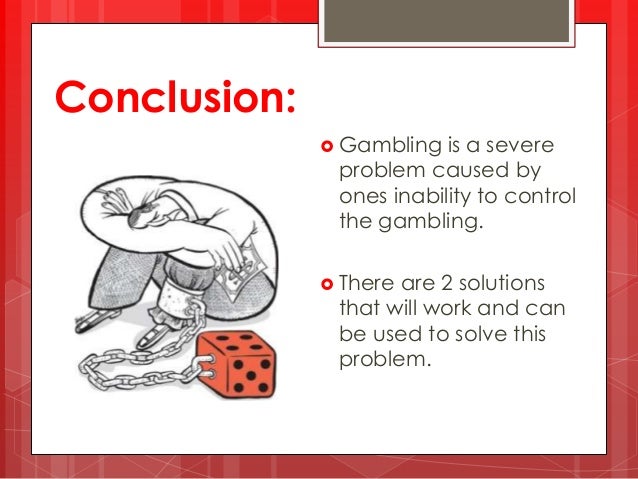- What Is Problem Gambling Definition Us History
- What Is Problem Gambling Definition Dictionary
- Problem Gambling Definition
- Problem Gambling Nevada
Gambling is defined as any activity where an item of value is placed at risk in an attempt to gain something of greater value. Casino boat jax florida. For example, when we pay a dollar to buy a lottery ticket with the hope that we will a million dollars.
Shop online at ASDA Groceries Home Shopping. The same great prices as in store, delivered to your door with free click and collect! Asda groceries christmas delivery slots 2019 free.
Compulsive and habitual gambling can destroy a person's life. He likely suffers personal problems and financial ruin, with problem gambling sometimes leading to a life of crime. What is problem gambling? Problem gambling is characterised nationally as 'difficulties in limiting money and/or time spent on gambling which leads to adverse consequences for the gambler, their family or friends and for the community'. Five simple tips to stay in control and gamble responsibly Is gambling a problem for me?
Gambling behavior can be classified into four categories:

What Is Problem Gambling Definition Us History
- non-problem
- low-risk
- moderate-risk
- problem gamblers
Understanding Problem Gambling Terminology
Over the past few decades there has been a lot of debate over the definition and classification of various addictive behaviors, including problem gambling. Diagnostic phrases have varied from 'pathological gambling' and 'compulsive gambling' to 'gambling addiction' as well as the latest diagnosis, 'disordered gambling.' As terms have changed, the criteria for diagnosis have changed as well. At the QCFE we most often utilize the term 'problem gambling' to encompass various levels of difficulty experienced by those suffering consequences as a result of their gambling behavior.
Gambling Disorder Diagnosis
What Is Problem Gambling Definition Dictionary
The DSM is the standard classification of mental disorders used by mental health professionals in the United States. It is currently in its fifth edition. The condition previously termed 'pathological gambling' was retitled as 'gambling disorder' and reclassified in the DSM-5.
The criteria for diagnosis is as follows:
Problem Gambling Definition
'Persistent and recurrent problematic gambling behavior leading to clinically significant impairment or distress, as indicated by the individual exhibiting four (or more) of the following in a 12-month period:
Problem Gambling Nevada
- Needs to gamble with increasing amounts of money in order to achieve the desired excitement.
- Is restless or irritable when attempting to cut down or stop gambling.
- Has made repeated unsuccessful efforts to control, cut back, or stop gambling.
- Is often preoccupied with gambling (e.g., having persistent thoughts of reliving past gambling experiences, handicapping or planning the next venture, thinking of ways to get money with which to gamble).
- Often gambles when feeling distressed (e.g., helpless, guilty, anxious, depressed).
- After losing money gambling, often returns another day to get even ('chasing' one's losses).
- Lies to conceal the extent of involvement with gambling.
- Has jeopardized or lost a significant relationship, job, or educational or career opportunity because of gambling.
- Relies on others to provide money to relieve desperate financial situations caused by gambling.'